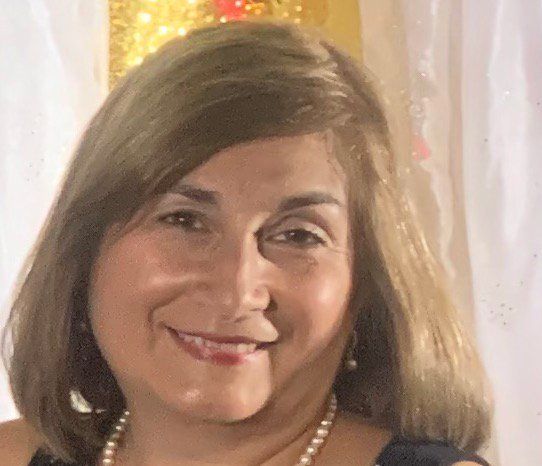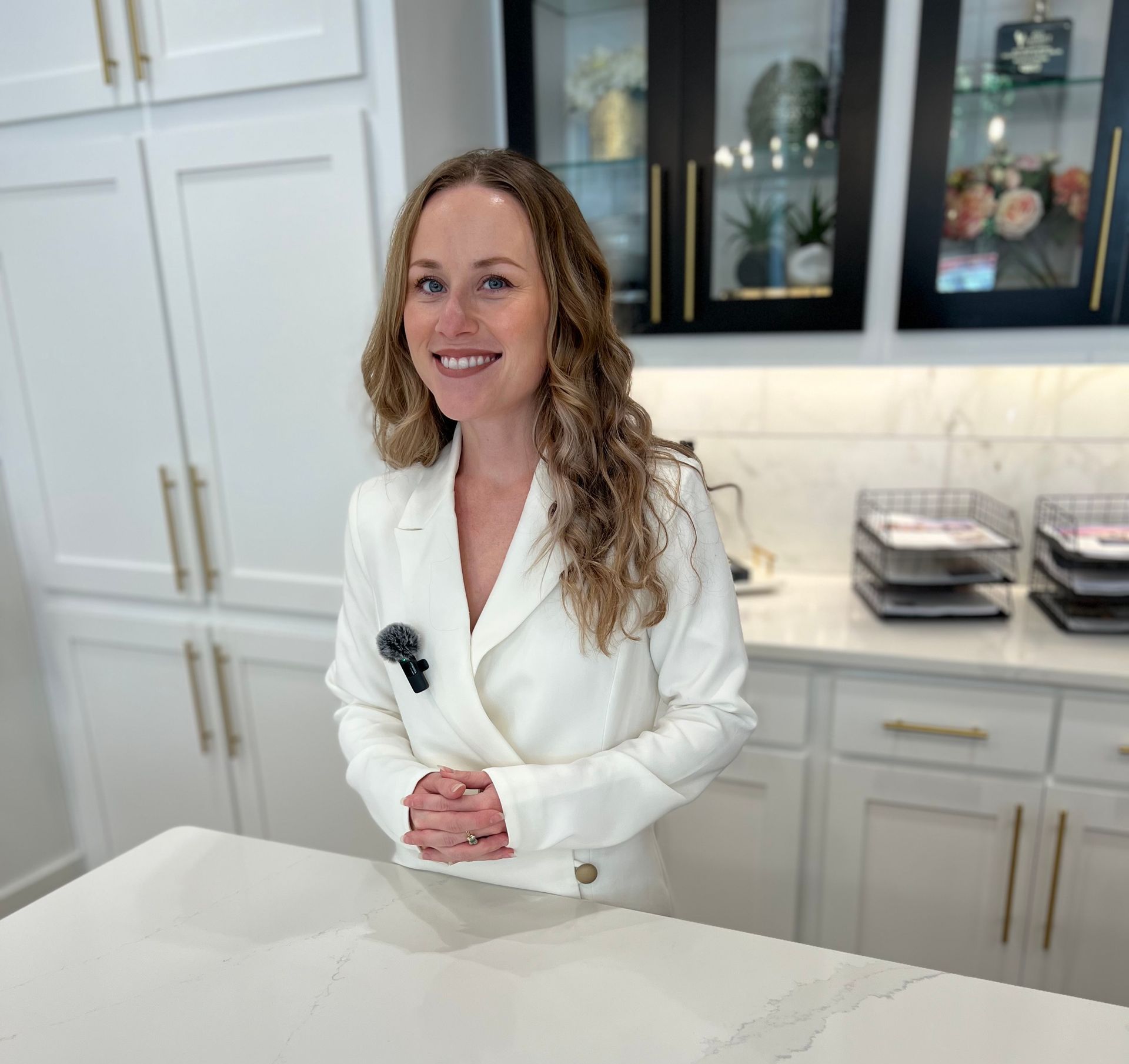October Advocate Spotlight
Sandra Lopez

1. How long have you been an Advocate and when did you realize you wanted to become one?
I’ve been an Advocate for 6 years. I first met a CASA Advocate about 10 years ago while in an ARD meeting. She explained her role and participated in this ARD actively and was knowledgeable about her child and his needs. Afterwards, I asked her about her experience and what it would take to become one. I remember telling myself I wanted to be volunteer like her, once I retired. I retired 6 years ago and saw the street CASA announcement and signed up.
2. What is the most rewarding aspect of being an Advocate?
I love building relationships with my children. I love when they call me because they have an issue or when they start to tell me about parts of their lives that were once not talked about. In both of these instances, I feel our relationship has risen to a level of trust. I know our children are wanting to have adults on their side that they can trust and count on.
3. If you could offer some words of encouragement to your fellow and incoming Advocates, what would they be?
Build relationships over a meal. Our children look forward to going out for a meal and they start to build quality time while sitting across from you enjoy time and a shared meal. I find that our drive back is invaluable.








